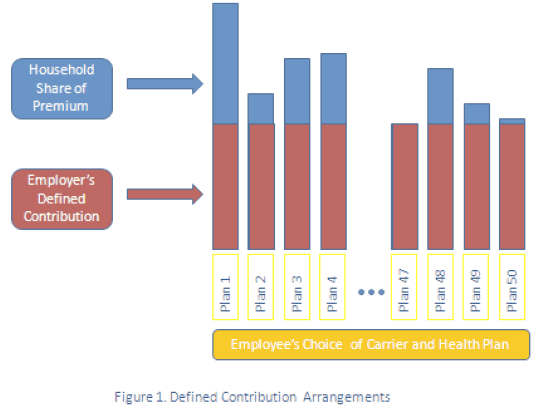An arbitrary ration that is causing insurers to choose between reclassifying administrative expenses as medical expenses, or simply paying every claim they receive without checking them for fraud. Another fine example of just how good the law is.
I want to thank you again, that had slipped my mind.
Spare me the sob story for insurers. They won't reclassify administrative expenses as medical ones (unless they want to get busted for fraud) and they'll still be perfectly able to check claims to make sure they are not fraudulent. Even after full enactment, the administrative cost portion allowed for private insurances will be five times that of Medicare.
Maybe you should try living in the real world.
Wonk Room » WellPoint Reclassifies Costs As Medical Care To Meet Reforms Medical Loss Ratio Requirement
Which you realize constitutes fraud, right?



